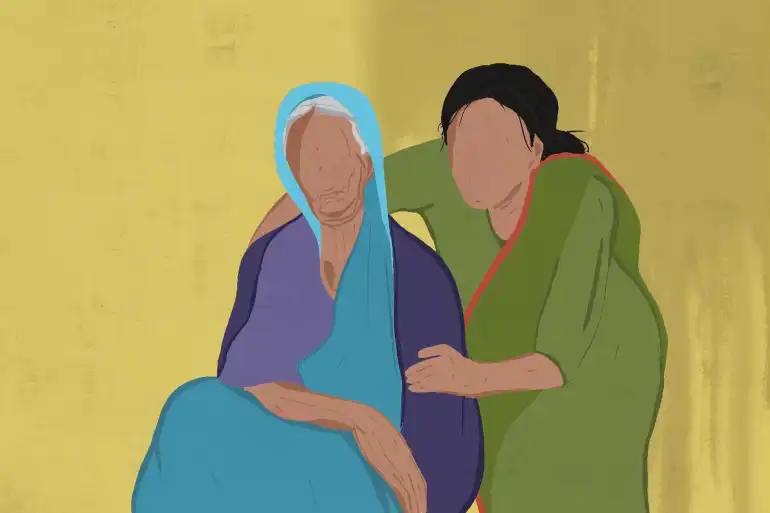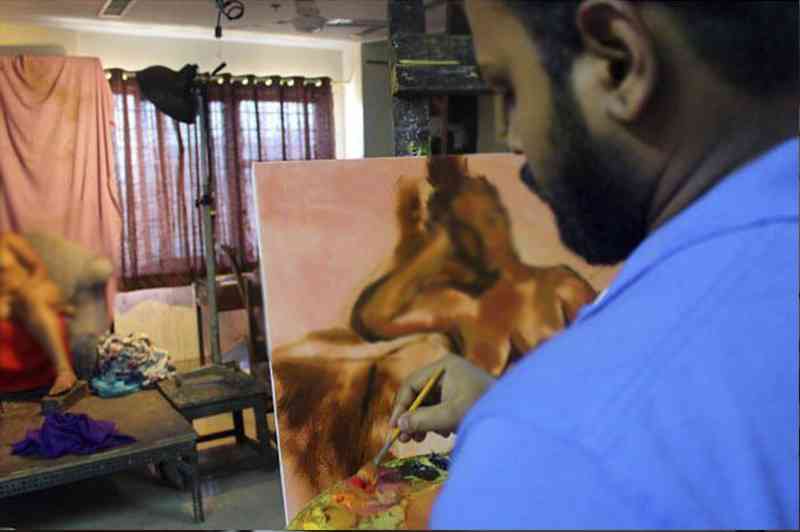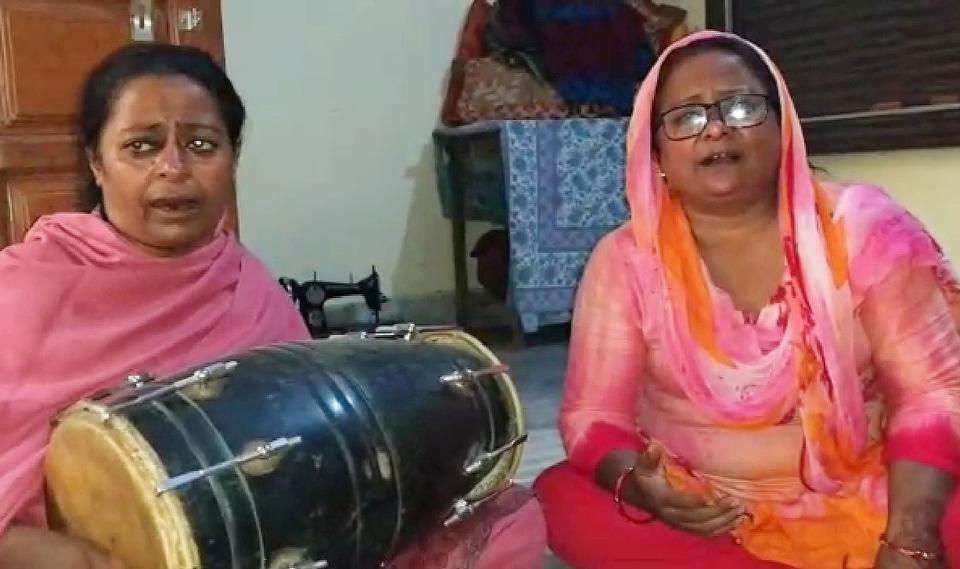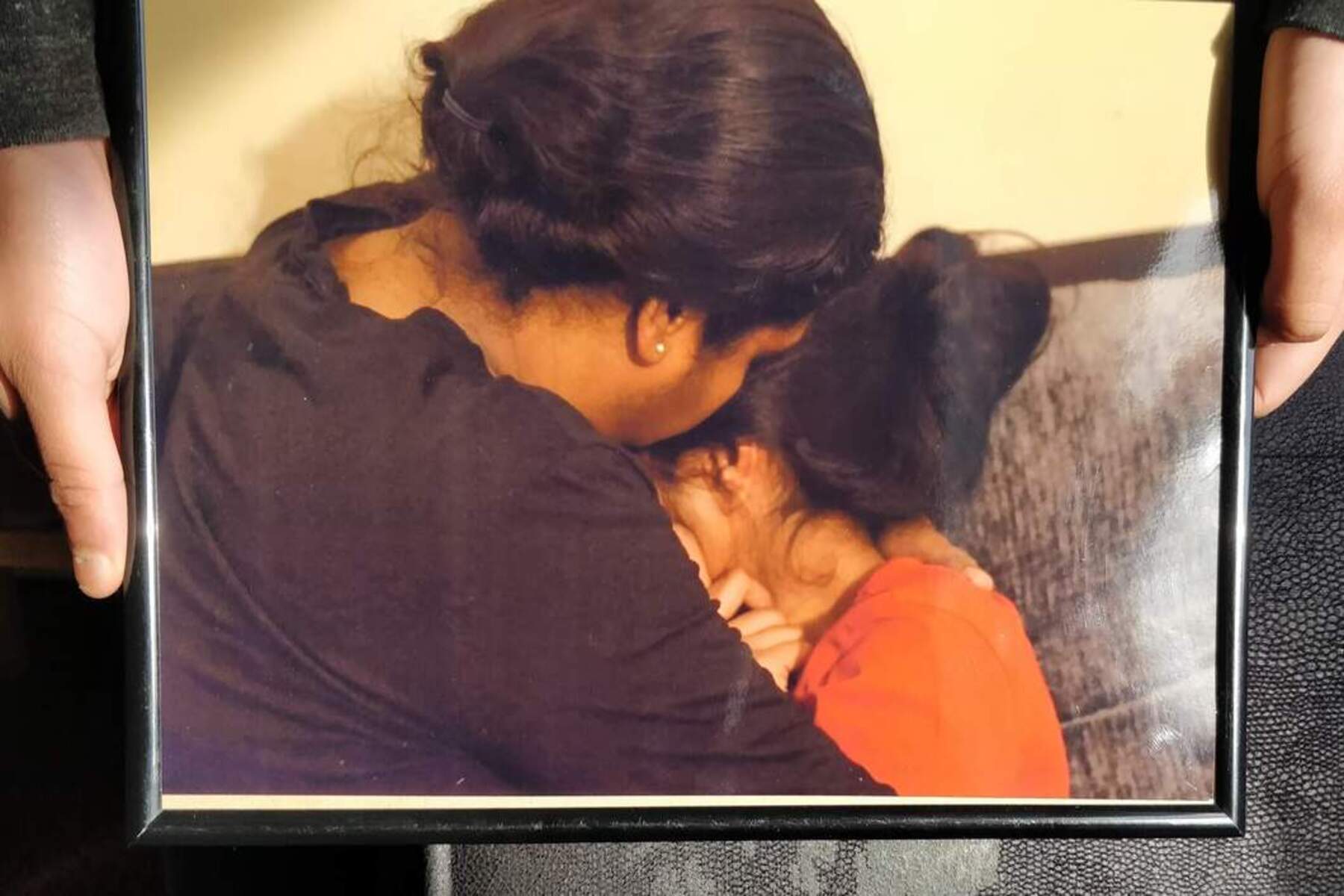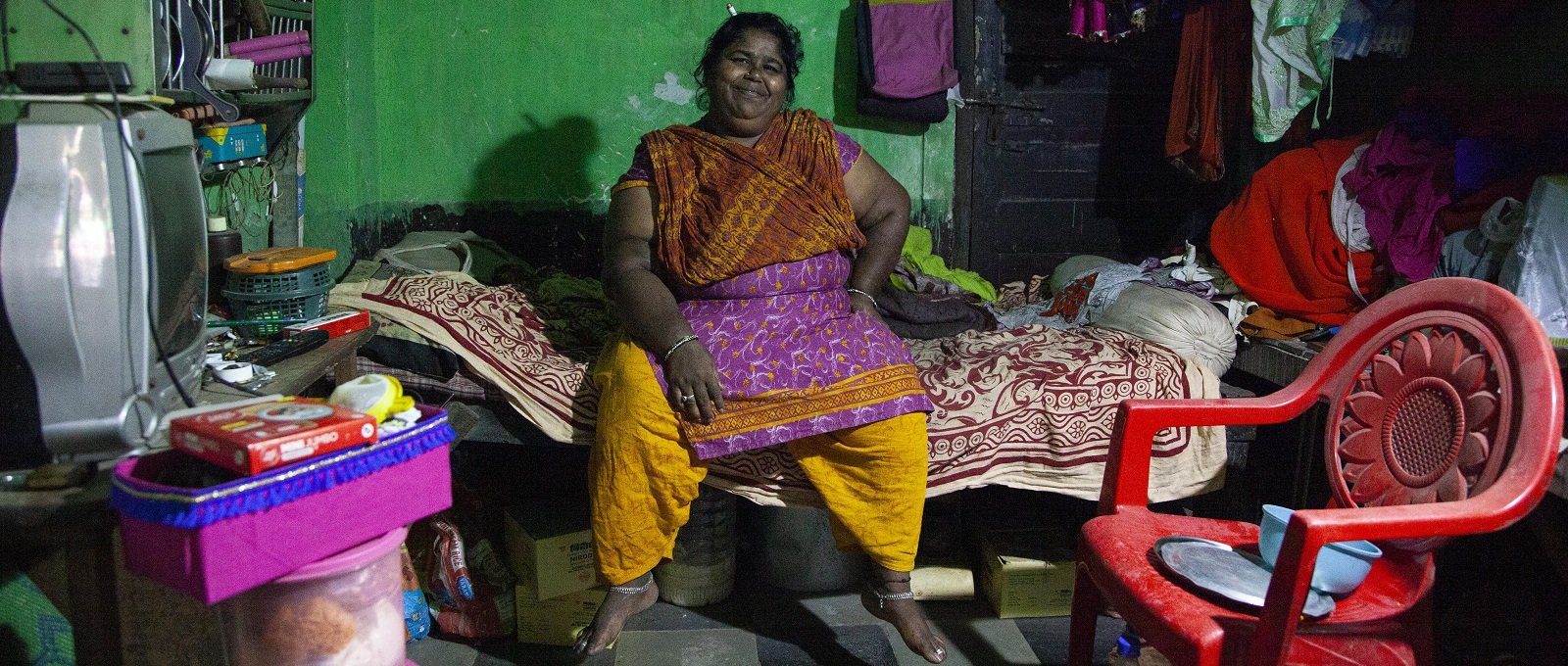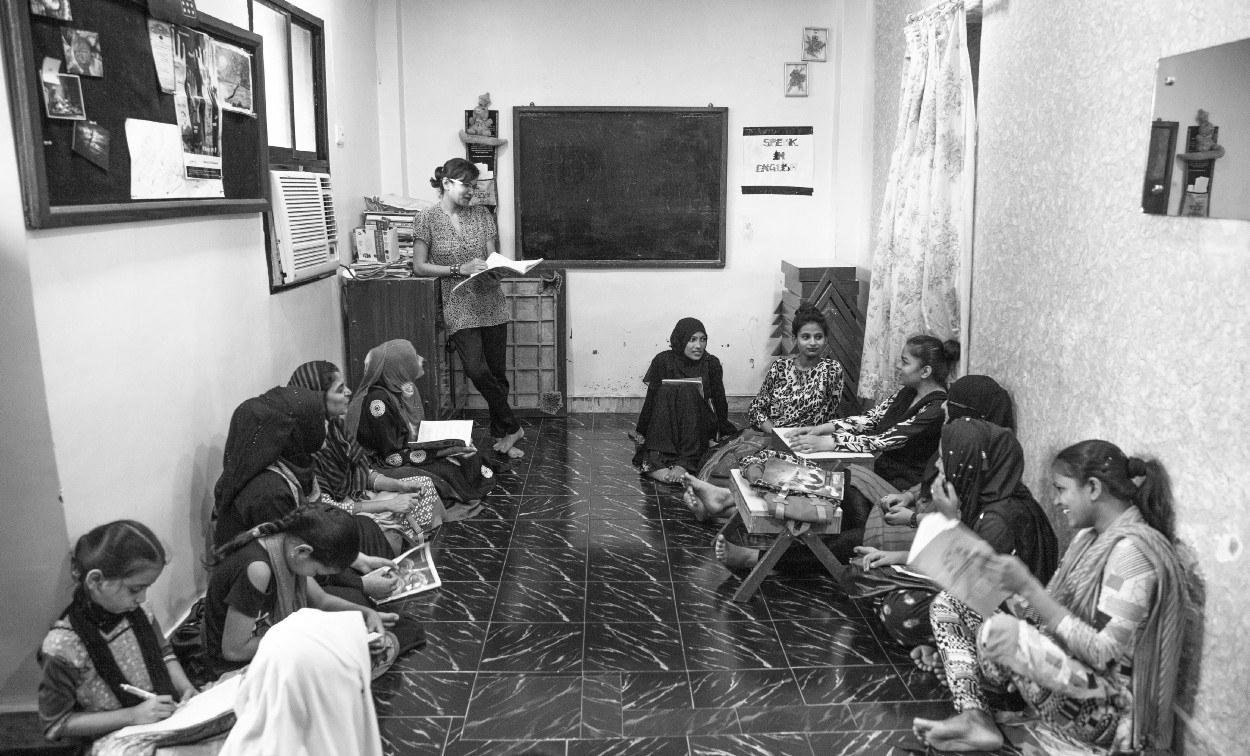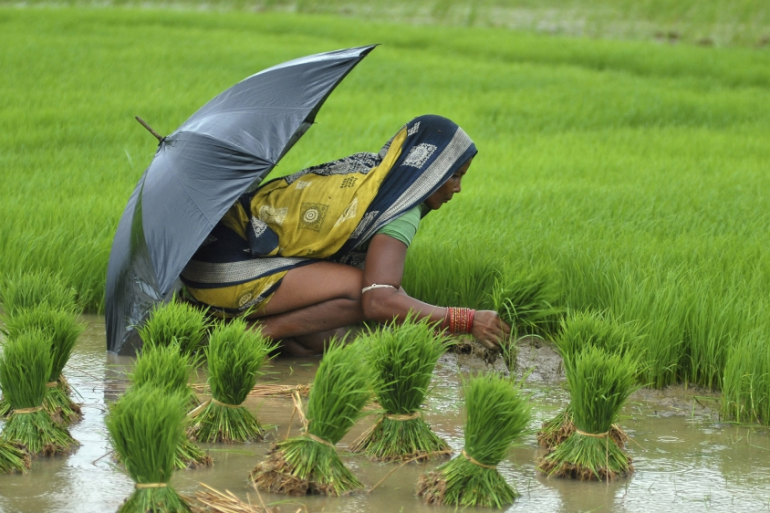As PMDD Continues To Go Undiagnosed In India, A New Initiative Is Fighting To Stop The Stigma – AWP
In photographs, this is the story of Anuhya Korrapati, a 25-year-old woman from Bangalore, India. The images visualise her experiences living with Premenstrual Dysphoric Disorder (PMDD): a condition with symptoms arising during the premenstrual cycle.
‘She needs me’: The COVID positive carers on India’s front line – Al Jazeera English
April 21, 2021 was an ordinary night at Sushila’s* house in Nagpur in western India’s Maharashtra state. In the bathroom, a bucket filled up with hot water in preparation for the 93-year-old’s sponge bath;
The Secret Lives Of Nude Art Models In India – Homegrown
It’s 9 AM on a Monday morning and Amrita Mala (name changed) is going about her daily chores. She has prepared breakfast for her husband and just about managed to get her daughter ready for school on time. Once they leave, she quickly gets ready for her own job. As she brushes out her long, dense black hair, the reflection staring back at her takes shape. ‘Voluptuous contours’ is how those who know her body best might describe it.
How the folklore of Mirasins thrived in 19th-century undivided India – TRTWORLD
As Umrana Niazi and her party of five sing together while her aunt, Shahenila, skilfully plays the dholak, the modest yet joyous performance put up especially for me on a video call on October 20,
Books and Borders: a Tamil Migrant About Life in the Sri Lankan Civil War – Brown Girl Magazine
The ticking of a bomb, the whirring of an electric kettle, the smell of kerosene in the family shop, the aroma of chicken roasting in her kitchen, the slap of the father on her mother’s face, the filth coming out of her husband’s mouth, the laughter of children playing outside the refugee camp and the giggle of her youngest daughter. The cold February wind of London reminds Linah* of waves sweeping over her feet in Sri Lanka.
MIGRANT DOMESTIC WORKERS AND COVID-19: A CALL TO ACTION – Futures of Work
As the streets of London started clearing out with the impending lockdown, Gracia made her way to her employer’s house. The 46-year-old Filipino woman had been working as a domestic worker with a Turkish family for the last three years. Having arrived in the UK in 2013, Gracia has been supporting four of her children in the Philippines by sending part of her salary back home every month. However, this month would be different. As Gracia went in expecting a normal day of work, she was instead greeted with the news that her services had been suspended indefinitely.
Antariksha: Celebrating South Asia’s First Feminist Library – SOAS
When Indian author Arundhati Roy, popularly known for her powerful writing, political activism for the sub-altern and open critique of right extremism in India, said, “There is really no such thing as the voiceless. There are only the deliberately silenced and the preferably unheard,” — it resonated with several womxn authors, academics, artists, and creatives in India.
Between high rates of HIV/AIDS and punitive new trafficking laws, India’s sex workers are struggling to assert their humanity – Equal Times
Gauri Dobe vividly remembers the last day of her childhood. It was a summer afternoon, and she had just finished devouring some mangoes. As she battled her tears, Gauri’s mother urged her to finish packing her clothes. Gauri’s uncle said he had secured the 15-year-old a job as a nanny which would allow her to help her family financially in the wake of her father’s death. Although teenage Gauri was nervous, she was also excited to leave her village in the southern Indian state of Andhra Pradesh for the first time. She was going to work in Mumbai, the ‘city of dreams’. But on arrival, Gauri’s life became a nightmare: her uncle had sold her into sex work.
The Library That Serves as a Safe Space for Muslim Women – ZORA
When Reshma Sheikh told her parents about Saleem, the man she wanted to marry, she met an unexpected response — a tight slap on her face. Saleem, who was from a different community than that of Sheikh, worked with her at a local supermarket.
Indian female farmers going ‘womb-less’ to boost productivity – Al Jazeera English
Maharashtra state, India – Pushpa, a farmer and mother of two, was 26 when she experienced heavy bleeding during her period and abdominal pain. She took medicine for two years until a doctor advised a more serious “cure”.

